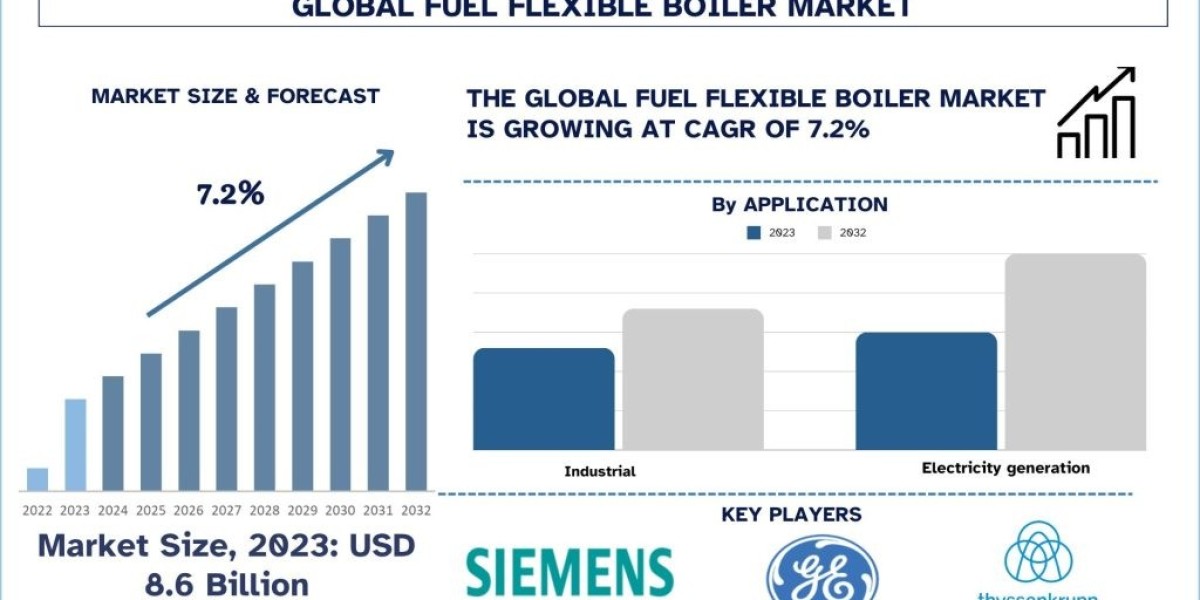The insurance industry is undergoing a significant transformation, and at the heart of this change is automation. As customer expectations evolve and the demand for efficiency increases, Insurers are turning to technology to streamline operations, reduce costs, and improve the overall customer experience. Automation in insurance is no longer a futuristic concept; it's a reality shaping the way companies handle everything from claims processing to underwriting. In this blog, we'll explore how Automation is revolutionizing the insurance sector, the benefits it brings, and the challenges that Insurers must navigate.
The Role of Automation in Insurance
Automation in insurance refers to the use of technology to perform tasks that traditionally required human intervention. These tasks include policy administration, claims processing, underwriting, and customer service. With Advances in artificial Intelligence (AI), machine learning, and robotic process Automation (RPA), Insurers can now automate complex processes that were once time-consuming and prone to human error.
- Claims Processing Claims processing is one of the most labor-intensive and critical functions in insurance. Traditionally, it involved manual data entry, document verification, and decision-making by adjusters. Automation simplifies this process by using AI-powered algorithms to assess claims, verify information, and even approve or deny claims automatically. This not only speeds up the process but also reduces the likelihood of human error and fraud.
- Underwriting Underwriting involves evaluating the risk of insuring a person or entity and determining the appropriate premium. Automation in insurance enables Underwriters to use machine learning algorithms to analyze large datasets, assess risk factors, and make more accurate decisions in a fraction of the time it would take a human underwriter. This allows Insurers to offer personalized policies and pricing to customers, improving competitiveness and customer satisfaction.
- Customer Service Insurance companies are increasingly using chatbots and virtual assistants to handle routine customer service inquiries. Automation in insurance helps Insurers provide 24/7 support to customers, answer common questions, and guide them through processes like filing claims or Purchasing policies. This not only enhances customer experience but also frees up human agents to focus on more complex cases that require personalized attention.
Benefits of Automation in Insurance
The adoption of Automation in insurance brings numerous benefits to Insurers and policyholders alike. Below are some of the key advantages:
- Increased Efficiency and Cost Reduction By automating repetitive and time-consuming tasks, insurance companies can significantly reduce the amount of time and resources required to process claims, underwrite policies, and handle customer inquiries. This results in lower operational costs, allowing Insurers to pass savings on to their customers in the form of lower premiums.
- Improved Accuracy and Reduced Fraud Automation minimizes the risk of human error in data entry, decision-making, and other manual tasks. This leads to more accurate processing of claims and underwriting decisions. Additionally, AI-powered fraud detection systems can analyze patterns in claims data to identify potentially fraudulent activities, protecting Insurers from financial losses and helping maintain trust with customers.
- Enhanced Customer Experience Today's consumers expect fast, convenient, and personalized services. Automation enables Insurers to provide a seamless customer experience by offering quick responses to inquiries, faster claims processing, and personalized policy recommendations. The ability to process claims and issue policies in real-time also gives Insurers a competitive edge in the market.
- Scalability As insurance companies grow, they need scalable solutions to handle an increasing number of customers and claims. Automation allows Insurers to scale their operations without needing to hire and train additional staff. This makes it easier for insurers to expand their customer base and enter new markets without compromising service quality.
Challenges of Automation in Insurance
While automation in insurance offers significant benefits, it also comes with its share of challenges. Insurers must address these hurdles to fully realize the potential of automation.
- Data Privacy and Security Automation requires the collection and analysis of vast amounts of customer data. This raises concerns about data privacy and security, particularly in an industry where sensitive personal and financial information is handled. Insurers must ensure that they comply with regulations like GDPR and other data protection laws while implementing robust cybersecurity measures to protect customer data.
- Integration with Legacy Systems Many insurance companies still rely on outdated Legacy systems for policy administration and claims processing. Integrating new automation technologies with these systems can be a complex and costly process. Insurers must carefully plan and execute these integrations to avoid disruptions in their operations.
- Workforce Impact As Automation takes over tasks traditionally performed by humans, there is growing concern about its impact on jobs in the insurance industry. While Automation can free up employees to focus on higher-value tasks, some roles may become obsolete. Insurers must invest in retraining and upskilling their workforce to adapt to the changing landscape.
- Regulatory Compliance The insurance industry is heavily regulated, and Automation must comply with strict regulatory requirements. Insurers need to ensure that their automated processes adhere to industry standards and legal guidelines to avoid penalties and maintain trust with regulators and customers.
The Future of Automation in Insurance
The future of automation in insurance is bright. As technology continues to advance, we can expect even more sophisticated applications of AI, machine learning, and RPA in the industry. Predictive analytics, for example, will enable Insurers to proactively identify risks and offer preventive solutions to customers. Blockchain technology may also play a role in streamlining policy issuance and claims settlement by providing a secure and transparent way to store and verify data.
In conclusion, Automation is Transforming the insurance industry by improving efficiency, reducing costs, and Enhancing the customer experience. However, Insurers must address challenges like data security, workforce impact, and regulatory compliance to fully leverage the benefits of automation. As the industry continues to evolve, Automation will play an increasingly central role in shaping the future of insurance.








